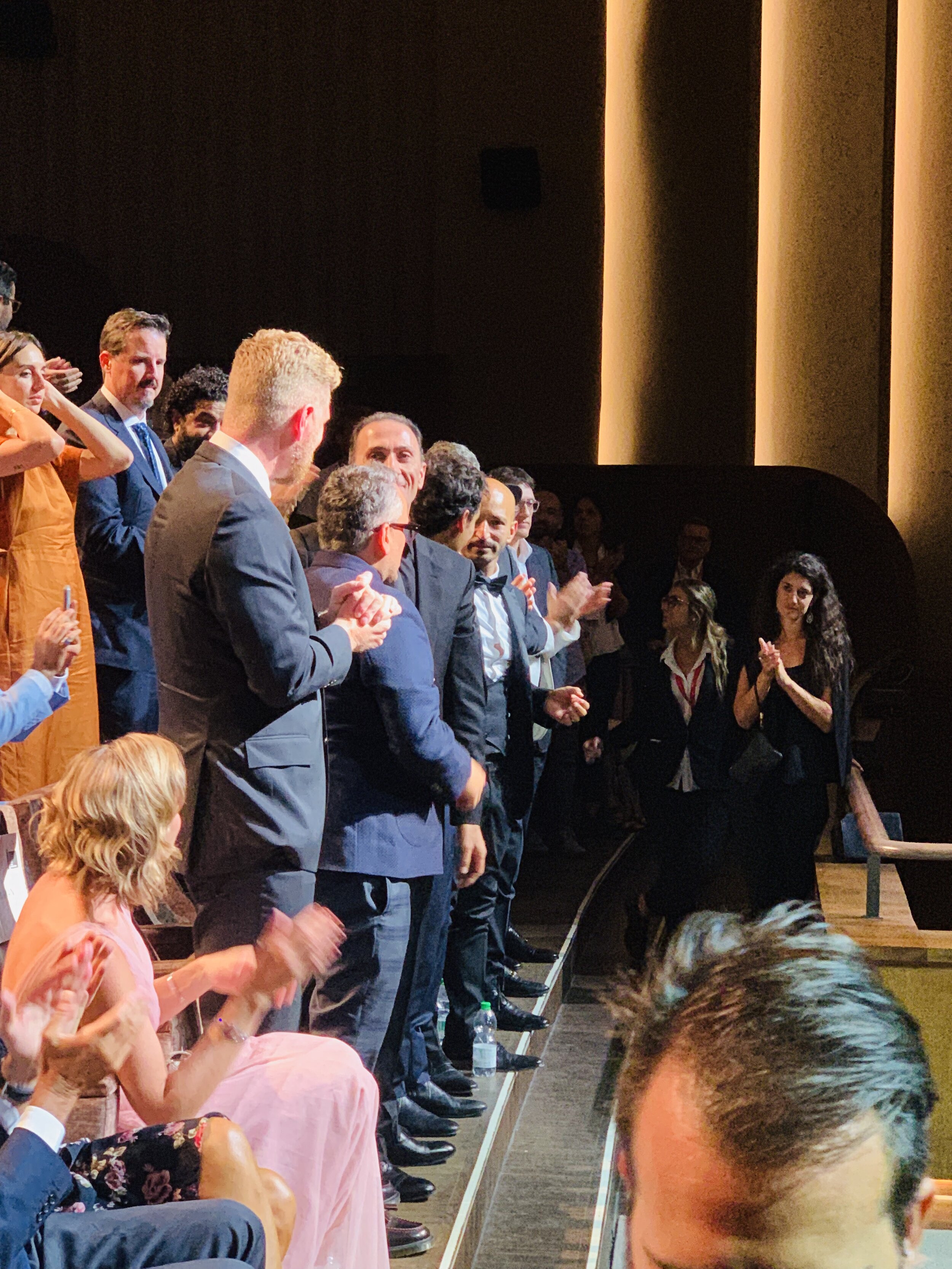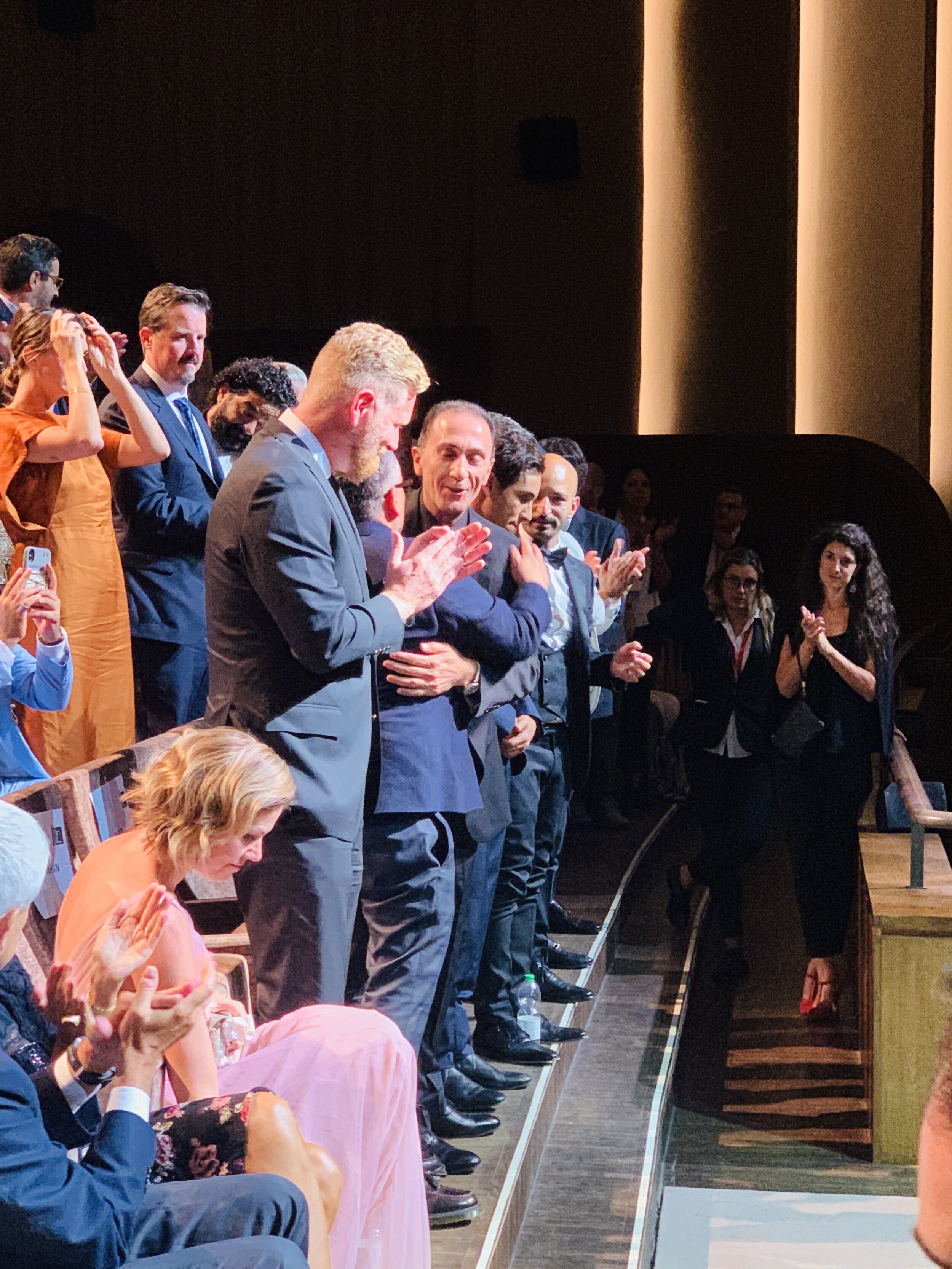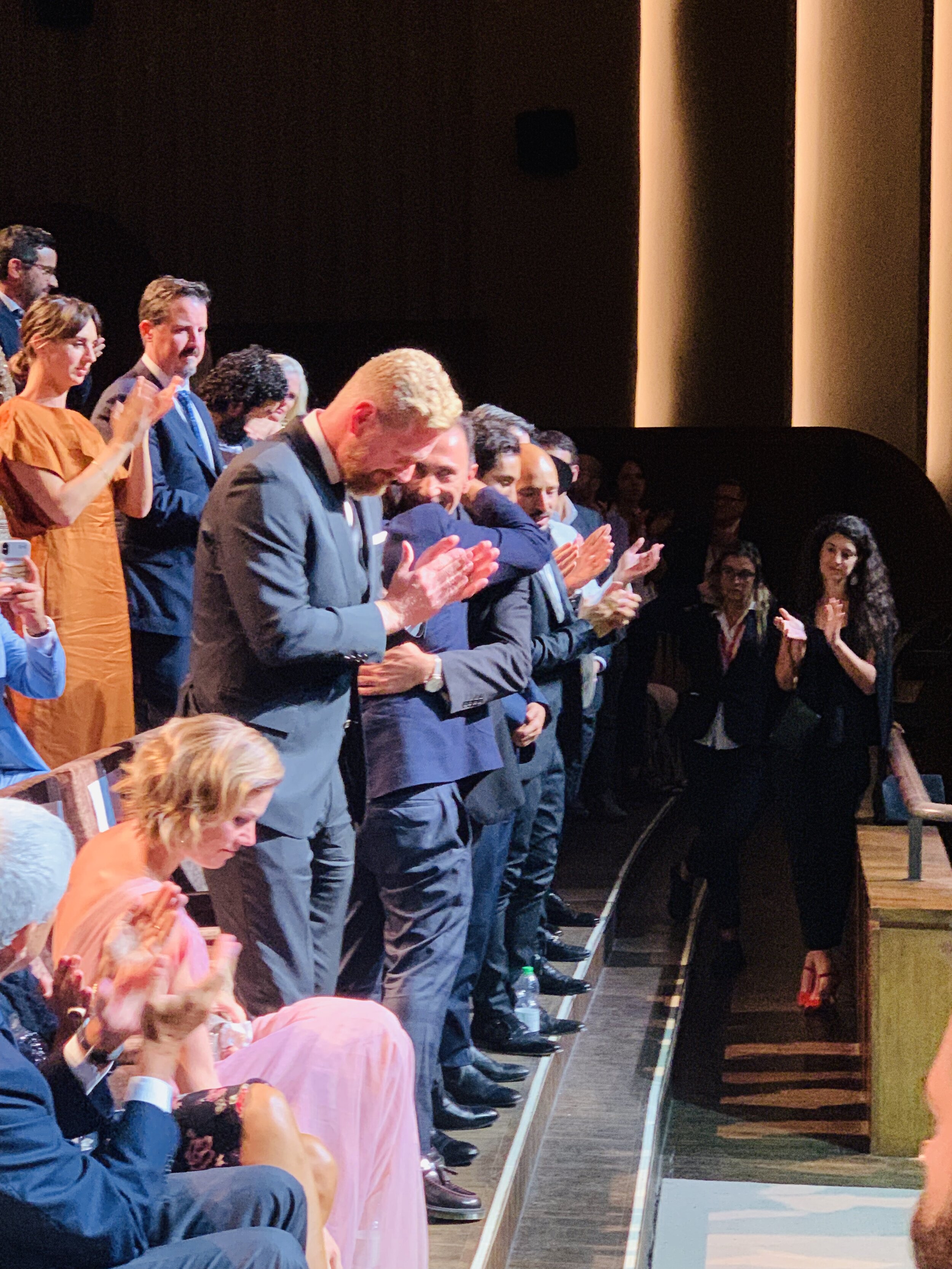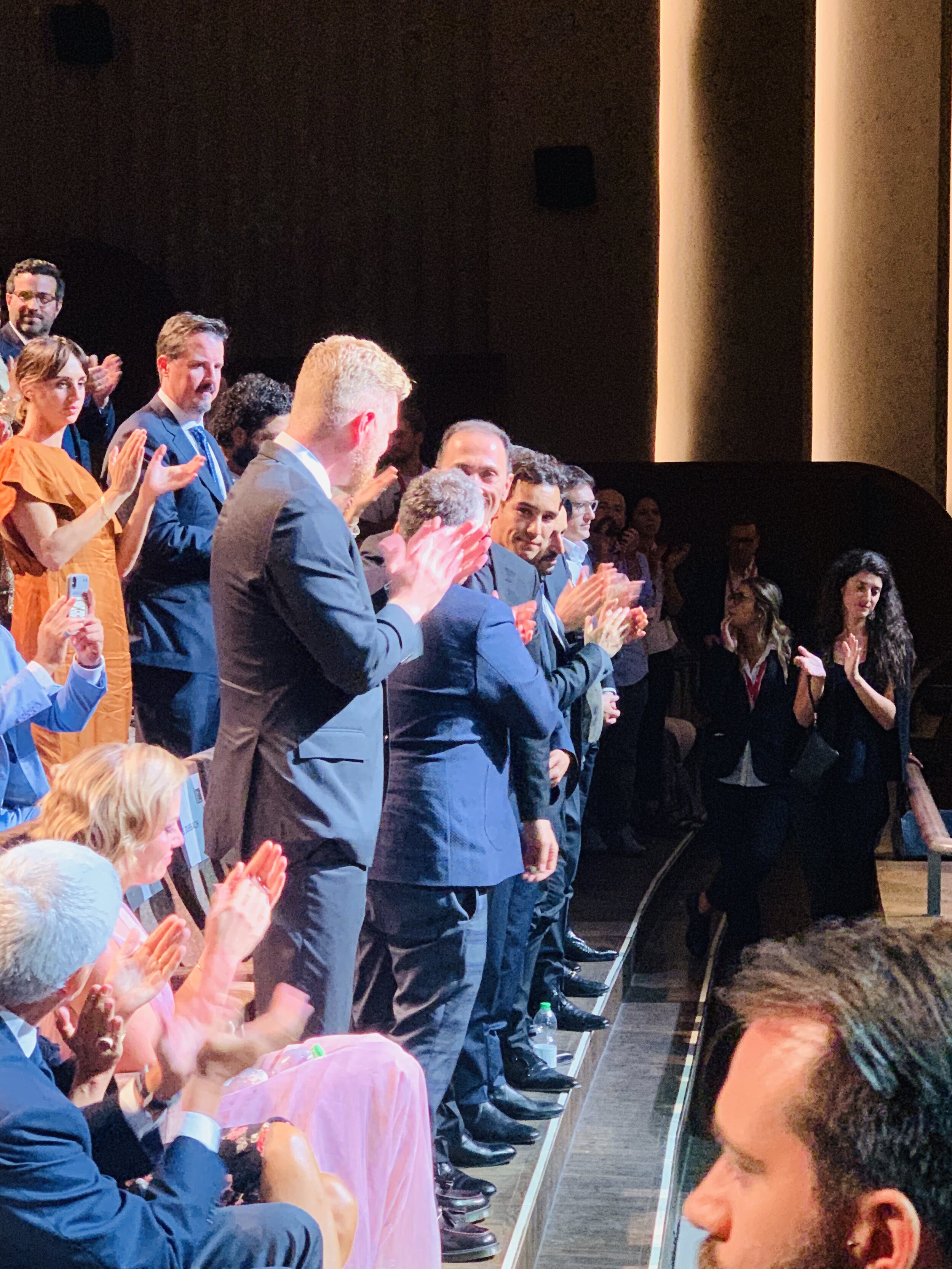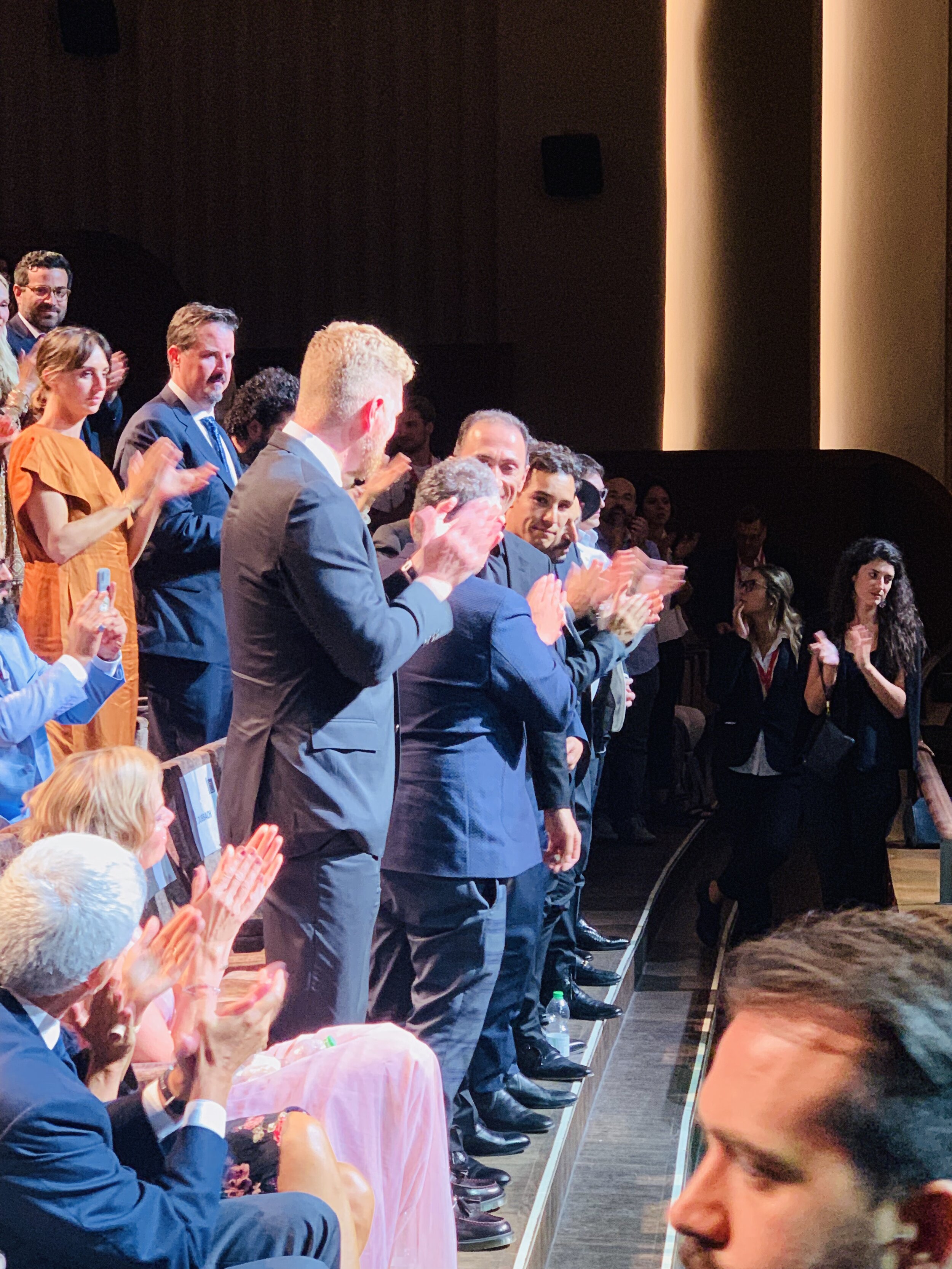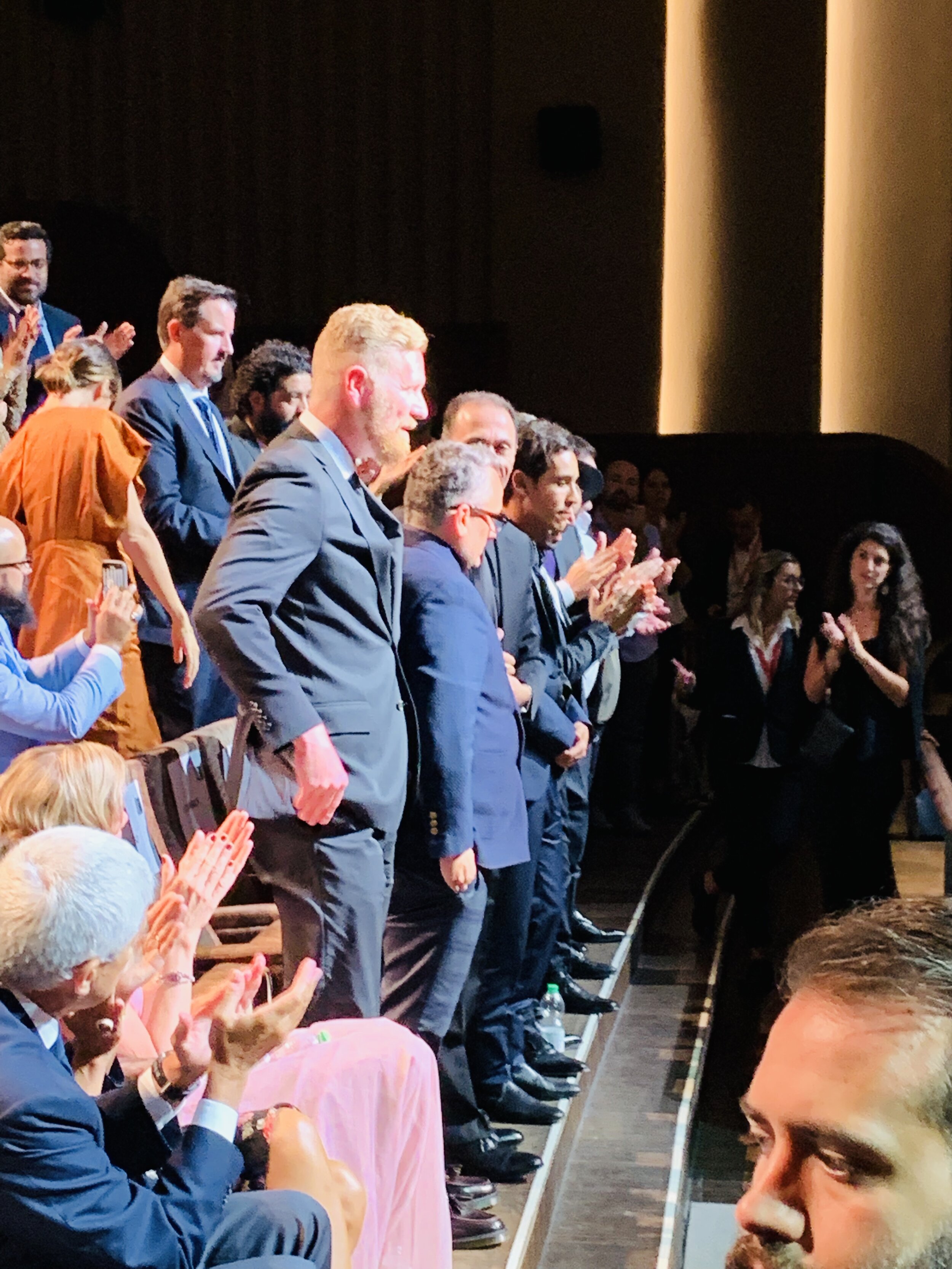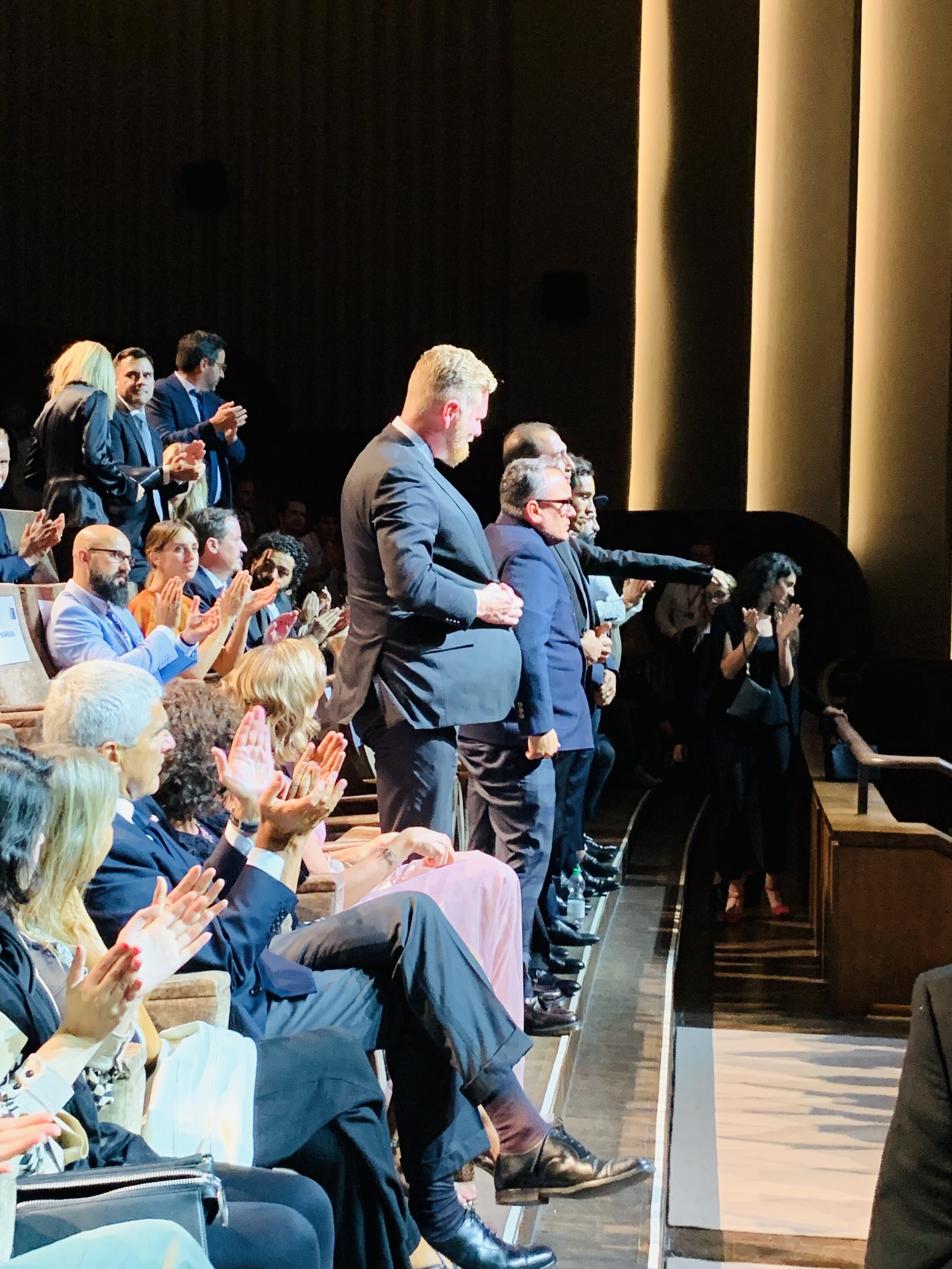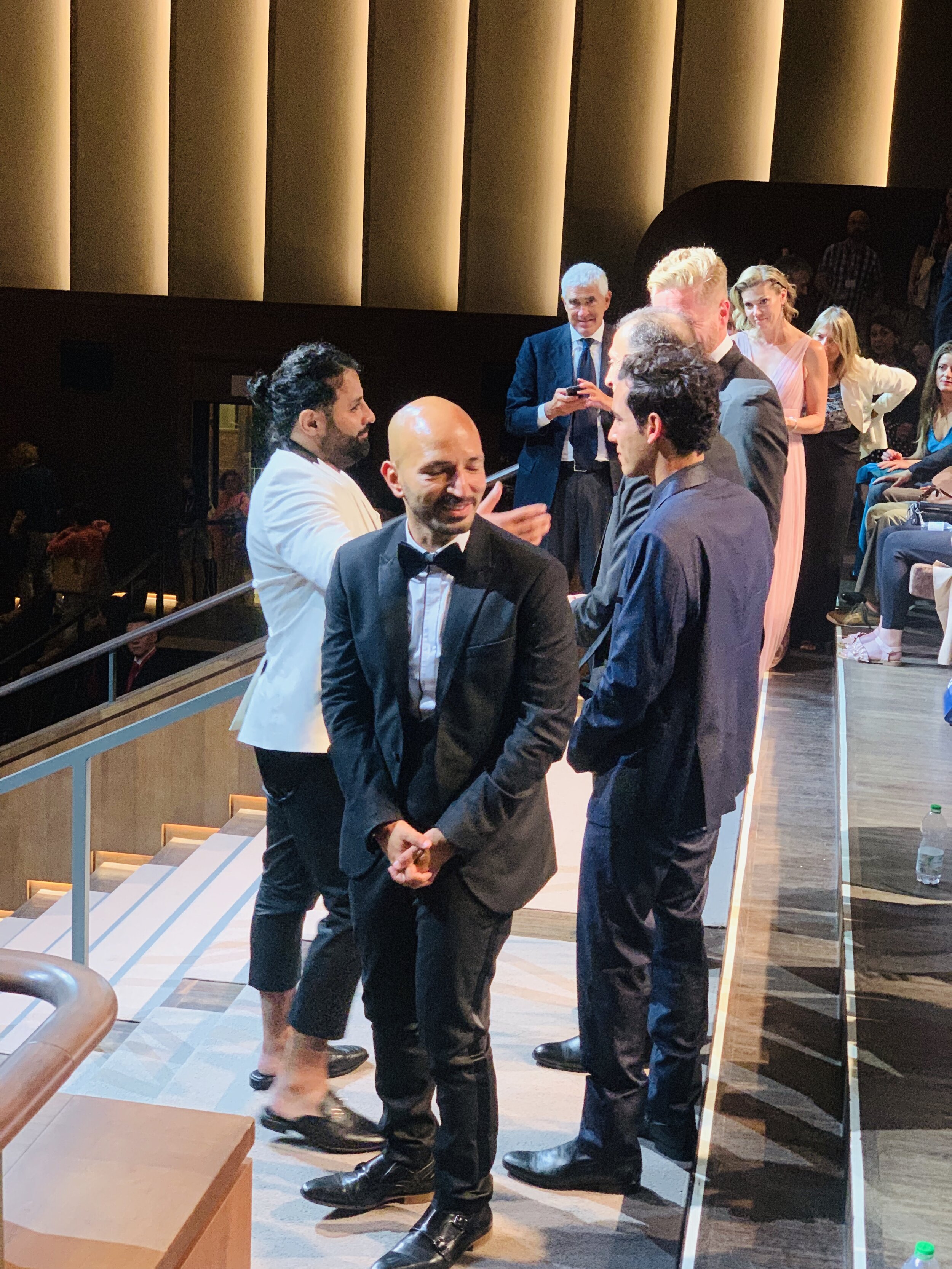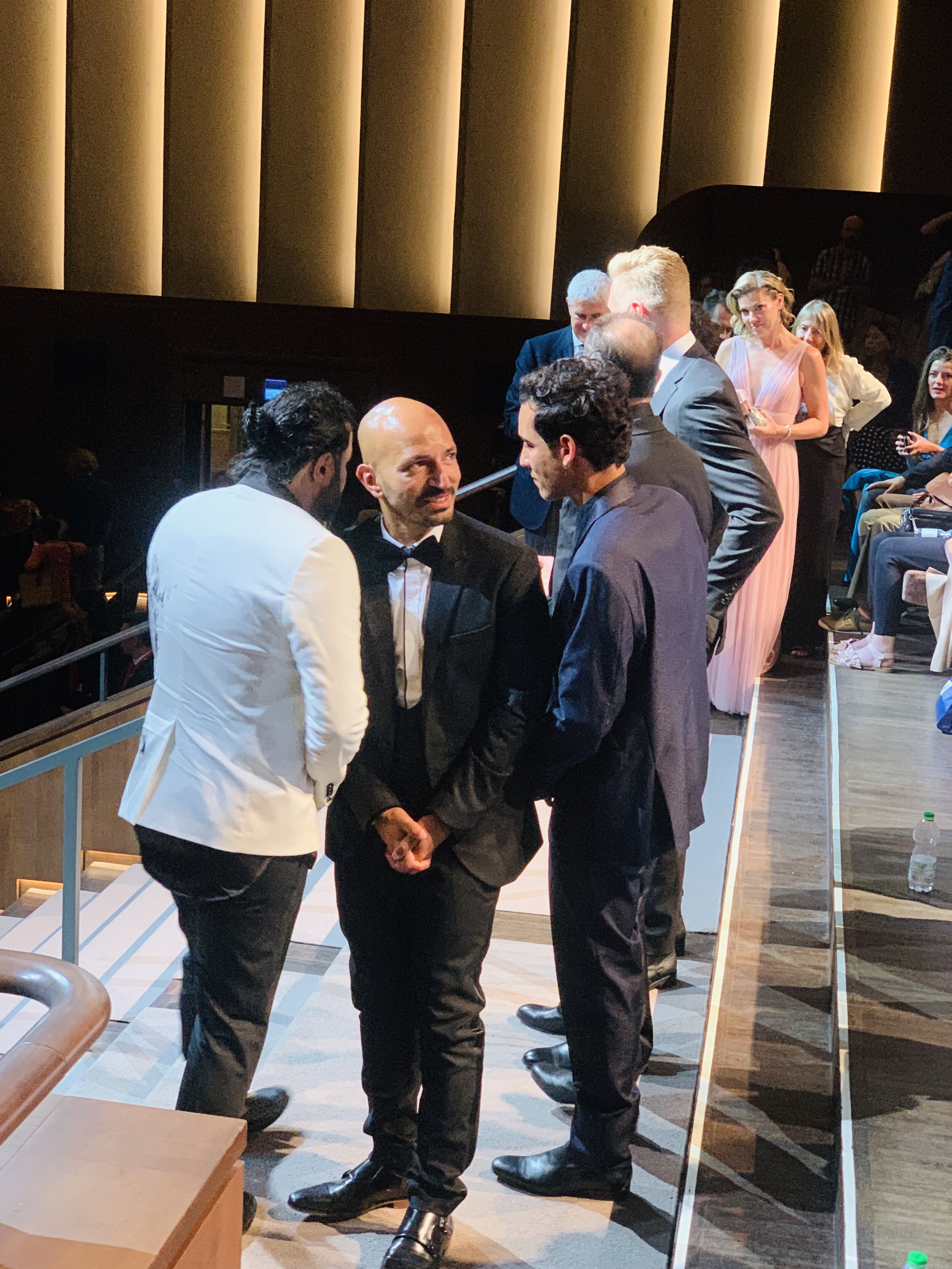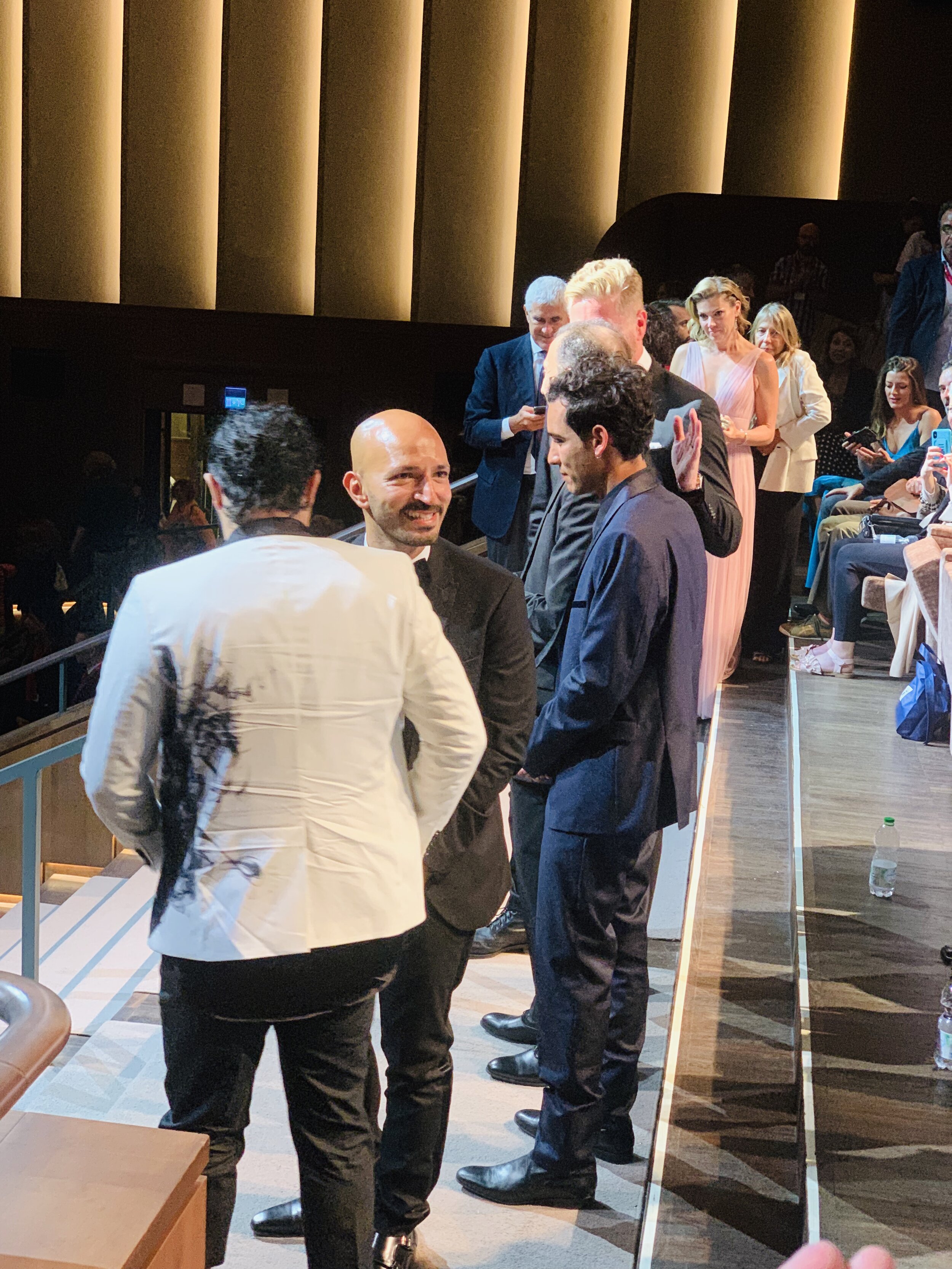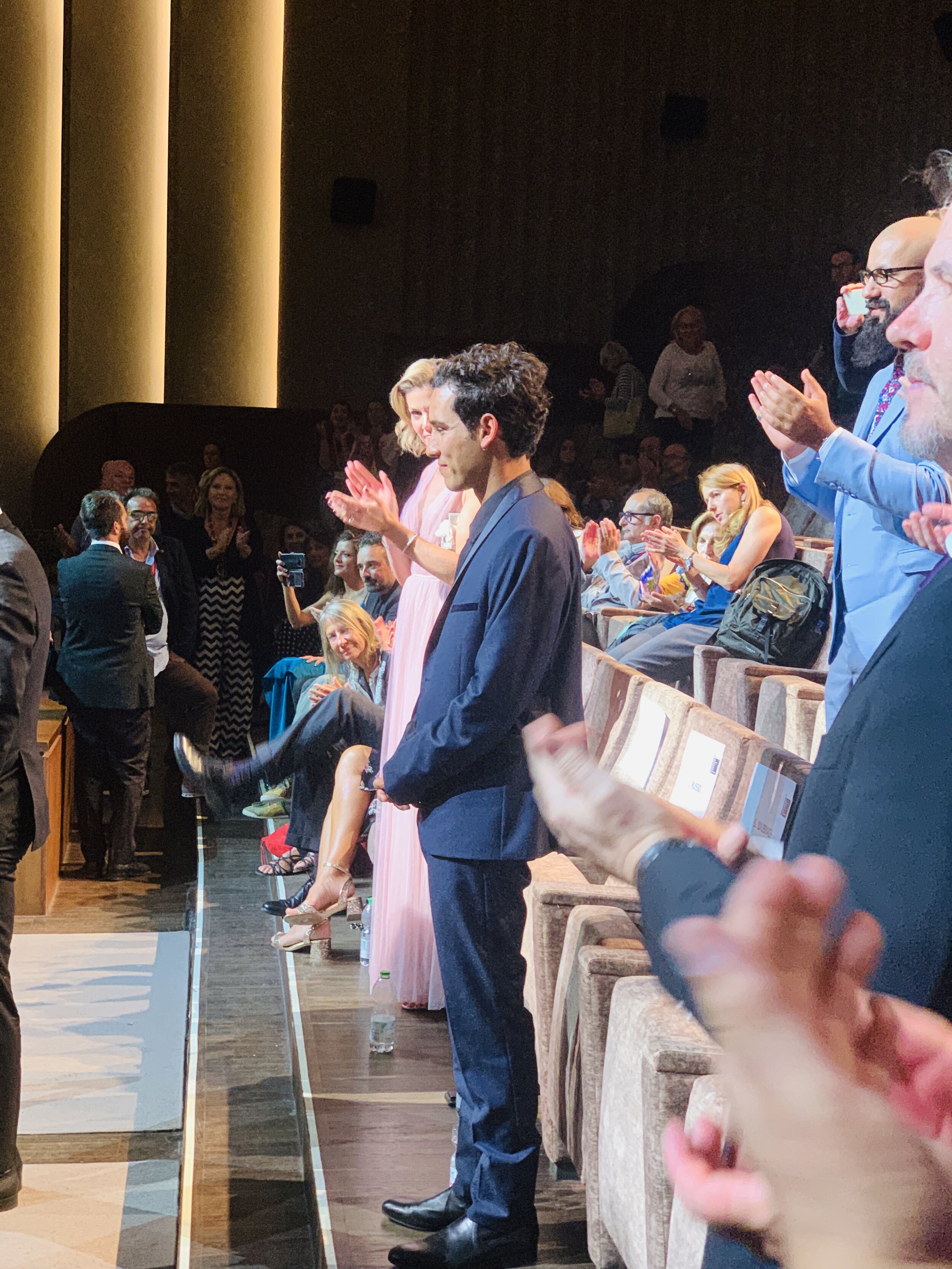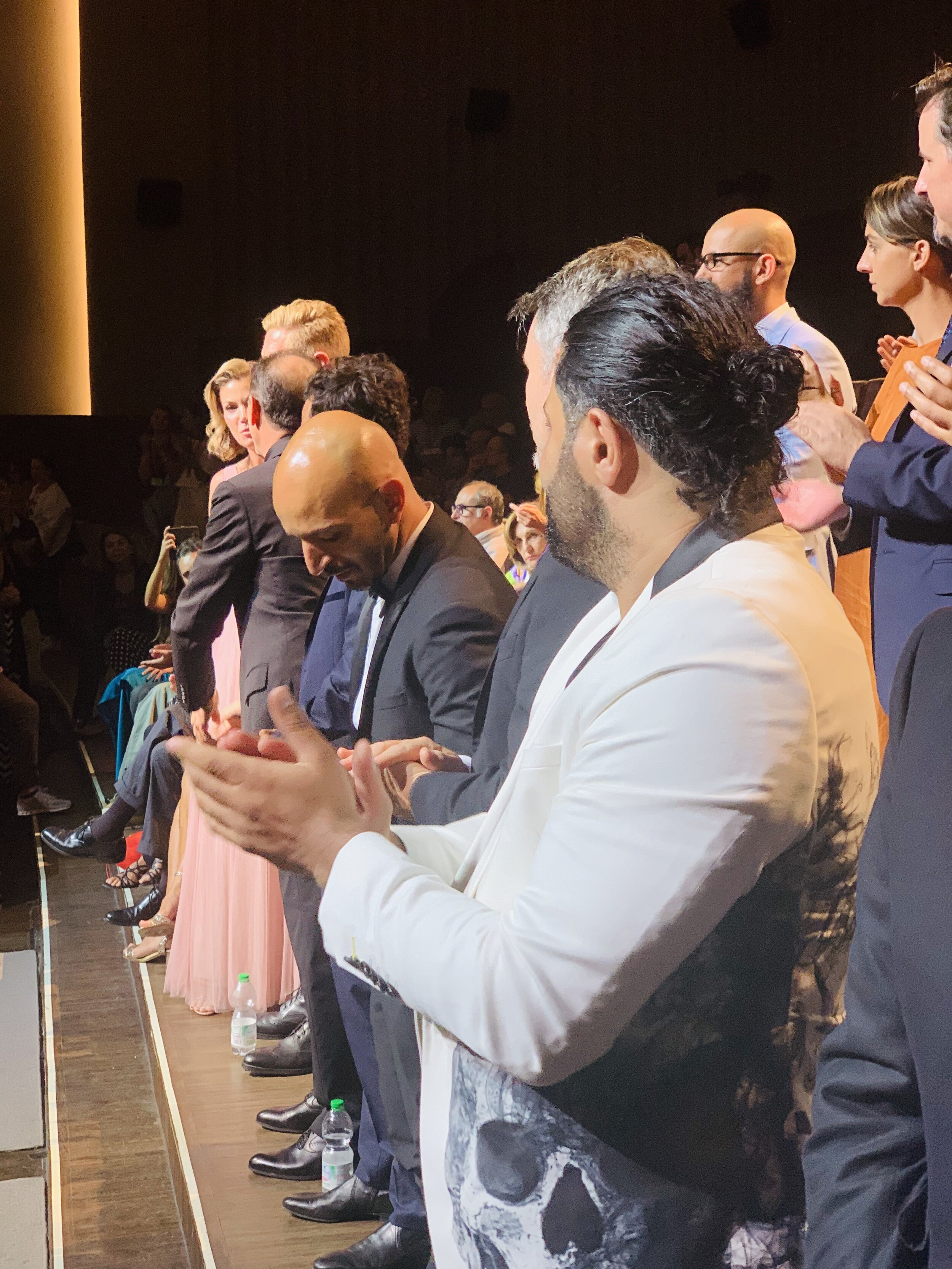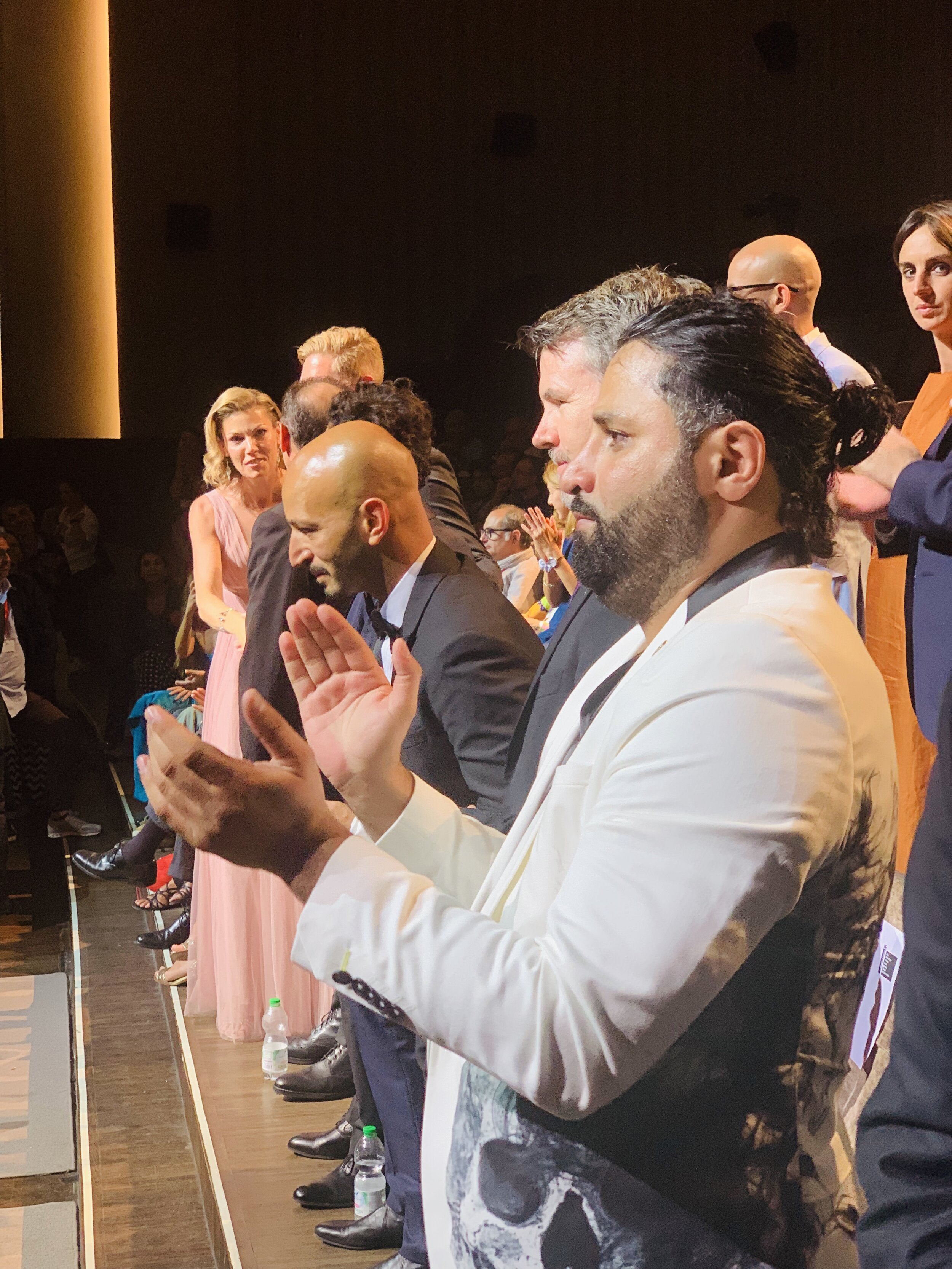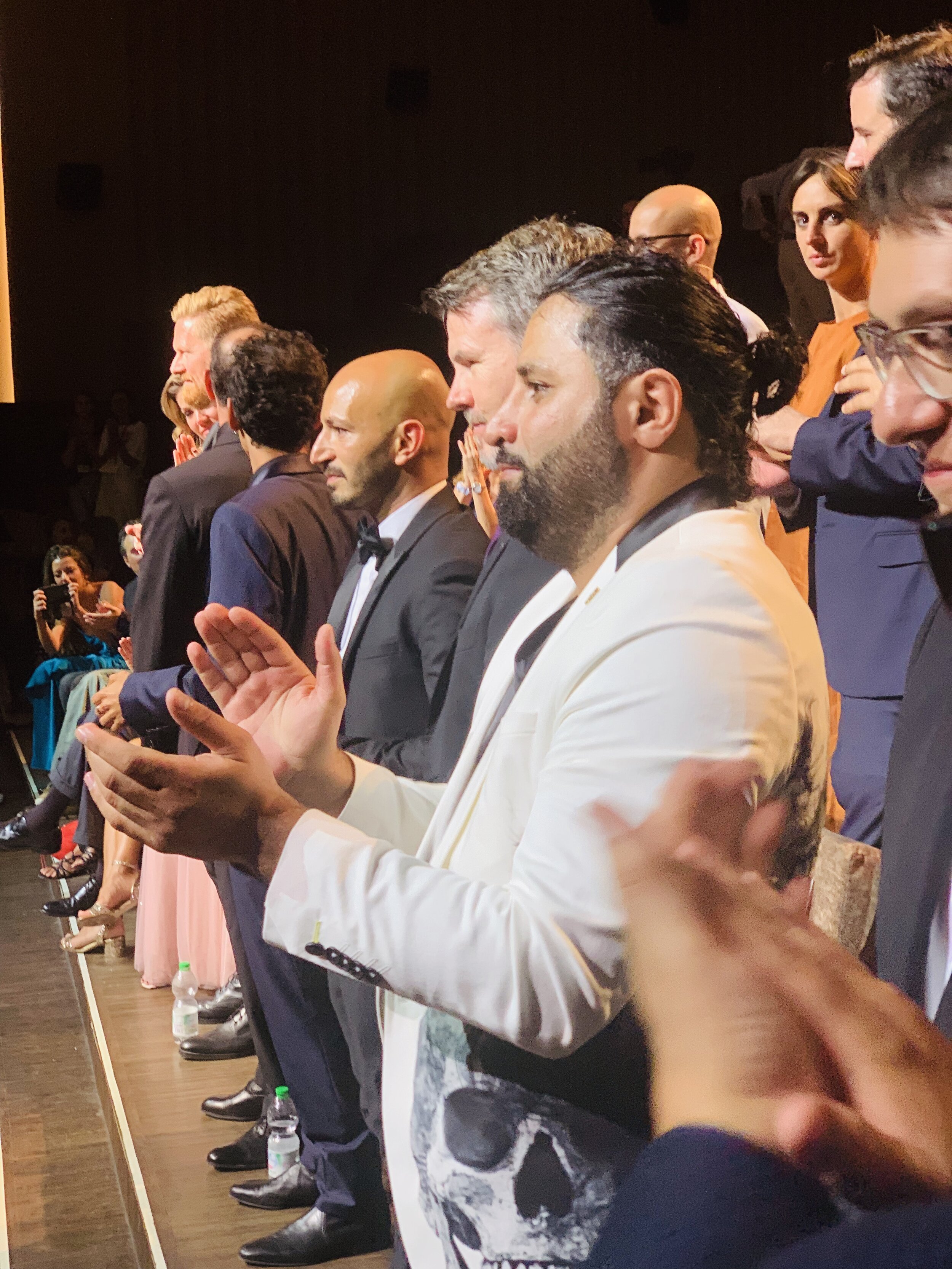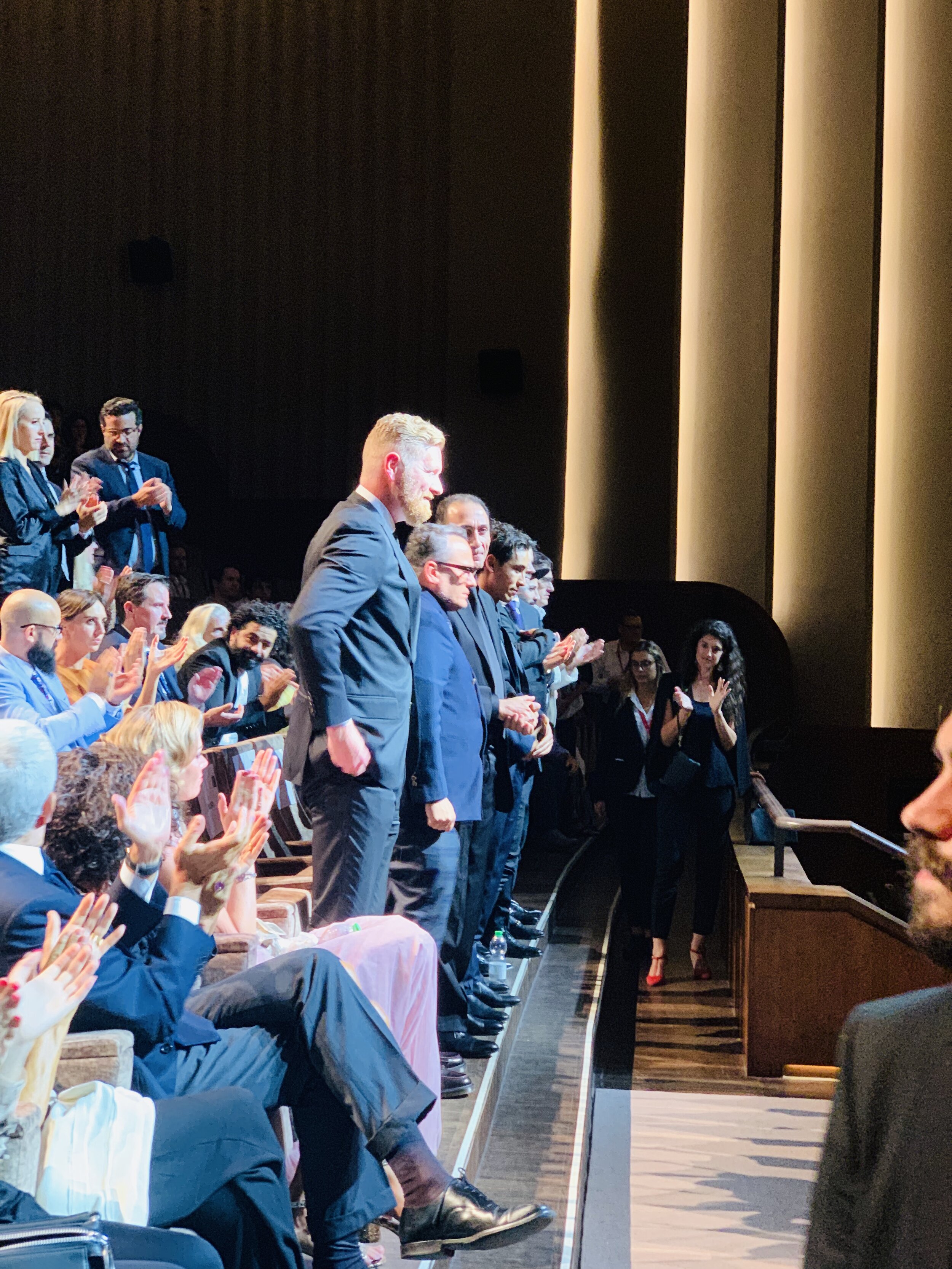Mosul Directed by Matthew Michael Carnahan
Mosul
Directed by Matthew Michael Carnahan
Starring: Waleed Elgadi, Hayat Kamille, Suhail Dabbach, Adam Bessa, Is'haq Elias, Ben Affan, Mohimen Mahbuba
Country: USA
Year 2019
Review author: Roberto Matteucci
Click Here for Italian Version
"I hate weapons".
For long time, journalism on foreign events has regressed. The brave war correspondent no longer exists. The news, from the dangerous areas, is only propaganda papers, written with slothfulness and political partisanship.
There are exceptions.
The magazine New Yorker in an article “The Desperate Battle to Destroy ISIS” , dated 6 February 2017, signed by Luke Mogelson, describes of the Daesh conquest of a vast extension of Iraqi territory. The long report informs about the events in Iraq, the reasons for the winner of Isis and its decadence. Mosul was the symbolic city of the caliphate's vainglory. It was occupied by Isis, after an extensive and violent confrontation.
The journalist outlines the Iraqis' desire to free themselves from Isis. He focuses on a minimal but significant episode. The resistance of a handful of Iraqi swats, who fight against the caliphate without mercy. They had many losses but never gave up. When the Islamic State no longer had any opponents - the Baghdad army had fled - they were the only opposers. Their enemies were many, they were isolated, they had no allies even in Iraq.
So, the reporter writes:
“The swat team was created in 2008 and, in conjunction with U.S. Special Forces, conducted raids in Mosul to arrest high-value terrorism suspects. After the American withdrawal from the country, in 2011, the unit hunted down insurgents on its own.
...
The swat team, which at the time was based at a compound near the Mosul airport, consisted of roughly eighty men, only half of whom were on duty. As isis surged through the city, the commander of the swat team, Lieutenant Colonel Rayyan Abdelrazzak, consolidated his troops in the Mosul Hotel, a ten-story terraced building on the western bank of the Tigris. The swat team held the position for four days, while the thirty thousand Army soldiers stationed in Mosul—nearly all of whom came from elsewhere in Iraq—ditched their weapons and fled. On the fifth day, a water tanker loaded with explosives detonated outside the hotel, killing three swat-team members and wounding twenty-five. Rayyan and the survivors retreated to the airport compound.” (1)
Their peculiarity is that soldiers are exclusively Iraqis from Nineveh province. They are courageous - when thirty thousand Iraqi soldiers ran away - the swats resisted. Above all, they remained even after the total fall of the city.
They were fierce, ruthless fighters, deadly for Isis. The terrorists gave the order to kill them immediately, without offering them the opportunity of Towba, the conversion:
“In the areas it controls, isis typically offers Iraqi security forces a kind of amnesty by means of an Islamic procedure called towba, in which one repents and pledges allegiance to the Caliphate. But the swat team was not eligible for towba. “We had killed too many of them,” (1)
This article, with heroic human protagonists, attracted the curiosity of an American director Matthew Michael Carnahan. He directs an USA production action film with local actors and in the Arabic language. It is Mosul presented at the 76th Venice Film Festival. For Matthew Michael Carnahan is the first film as director. However, he has written the many story and the screenplay of the same genre, such as The Kingdom, Lions for Lambs, World War Z.
Mosul is destroyed after many years of war. In a bar, two policemen are trying to make arrests. One is the young recruit Kawa. It is an ambush and they are in the midst of a furious shooting. No chance of escape. Suddenly, the last soldiers of the swat team rushed to their aid, rescuing them.
The swats are few and do not hesitate to enlist Kawa, for his qualities.
Notwithstanding, the low number of units, they do not withdraw. They even attack Isis in their headquarters, to help one of the members liberate the family captured by the terrorists.
They only have to cross a few kilometres but, for Mosul, where all are against all, they are hellish kilometres
The director wants a realistic language, he is helped by the Iraqi actors. They have lived through the war and know how to face it, not for studying but for direct experience. Matthew Michael Carnahan specifies this in an interview:
“Let that resonate in people as these guys are speaking their own language, actors from that part of the world – to me, that was a better way to prove that point, rather than to get a bunch of West End actors who look the part and have them speak in English accents because that’s the stand-in for all foreign languages. That version of this movie was nothing any of us was interested in. Certainly not a version where the Western Navy SEAL is there to teach these guys how to fight – no, these guys know what they’re doing, because they’ve had to learn the hardest way possible. They know how to clear a room because if they don’t do it correctly they die, they’ve seen people die doing it the wrong way. So that’s how they know what they’re doing, because a mistake means death.” (2)
The characters are strong, proud, reckless and relentless in their revenge: “make him suffer".
Iraq has ancient problems, hidden during the dictatorship of Sadam Hussein. It is the coexistence of three heterogeneous groups: the Shias, the Sunnis and the Kurds. Coexistence is complicated and, perhaps, some of them have friendship and alliances with the Daesh.
These differences in the swat battalion do not exist, they are always united wherever they come from "What is wrong with the Kurds?" metaphor of what Iraq should be to save itself from the wars.
Swats are human beings, they are suffering a lot, broken families, dead friends. Many are alone, some have wives and children imprisoned.
It is the intimacy of the film. The close-ups are shot from below when they narrate of their life. There is also the desire not to succumb, so they fight battles with speed, action, adventure and lots of light.
The leitmotif is the devastation, sign of a brutal bloodshed. Altruism appears with children cropping up from the rubble. They are the weakest victims because they still can't defend themselves, and they do not even know which side to take.
The swats pick up a kid on the street. He lost his family. They accompany him to the checkpoint to leave the city. They entrust him to a married couple, the woman accepts and embraces him, the child has new parents. Love, despite the cruel war, is not disappeared.
Following these two thoughts - war and humanity - the author reveals the conflict for other countries interests. Iraq is without peace for many years. He features swats as a group of heroes, fearless against numerous adversaries. The future of Iraq is in their hands. They wish normality, so the director describes the commander's obsession for recycling. All around, there are ruins, debris, dirt, of all kinds, some harmful. However, the colonel wants to recycle rubbish according to ecological rules. It is the hope of returning to the habit and face only with the bizarre daily annoyances.



